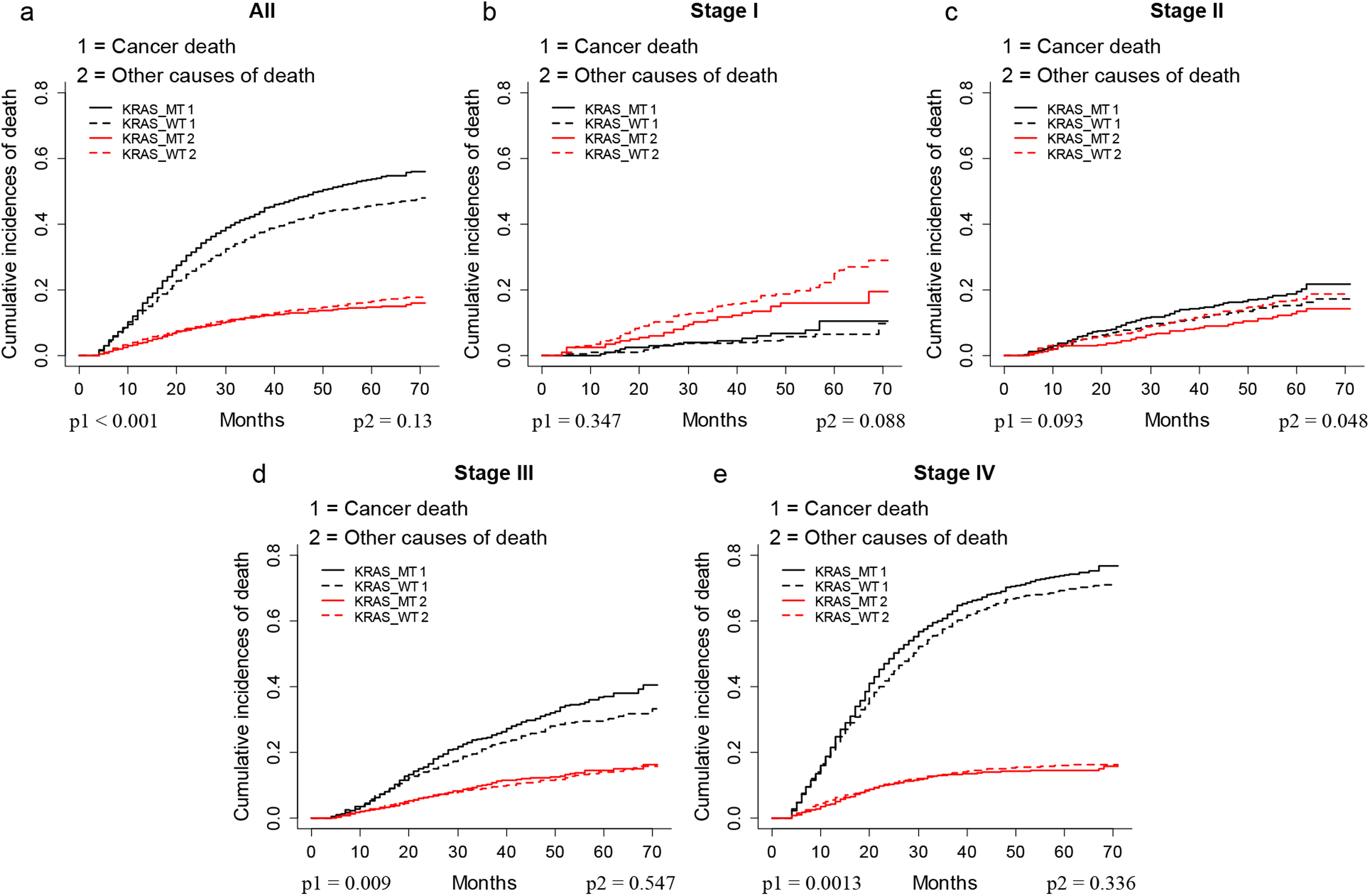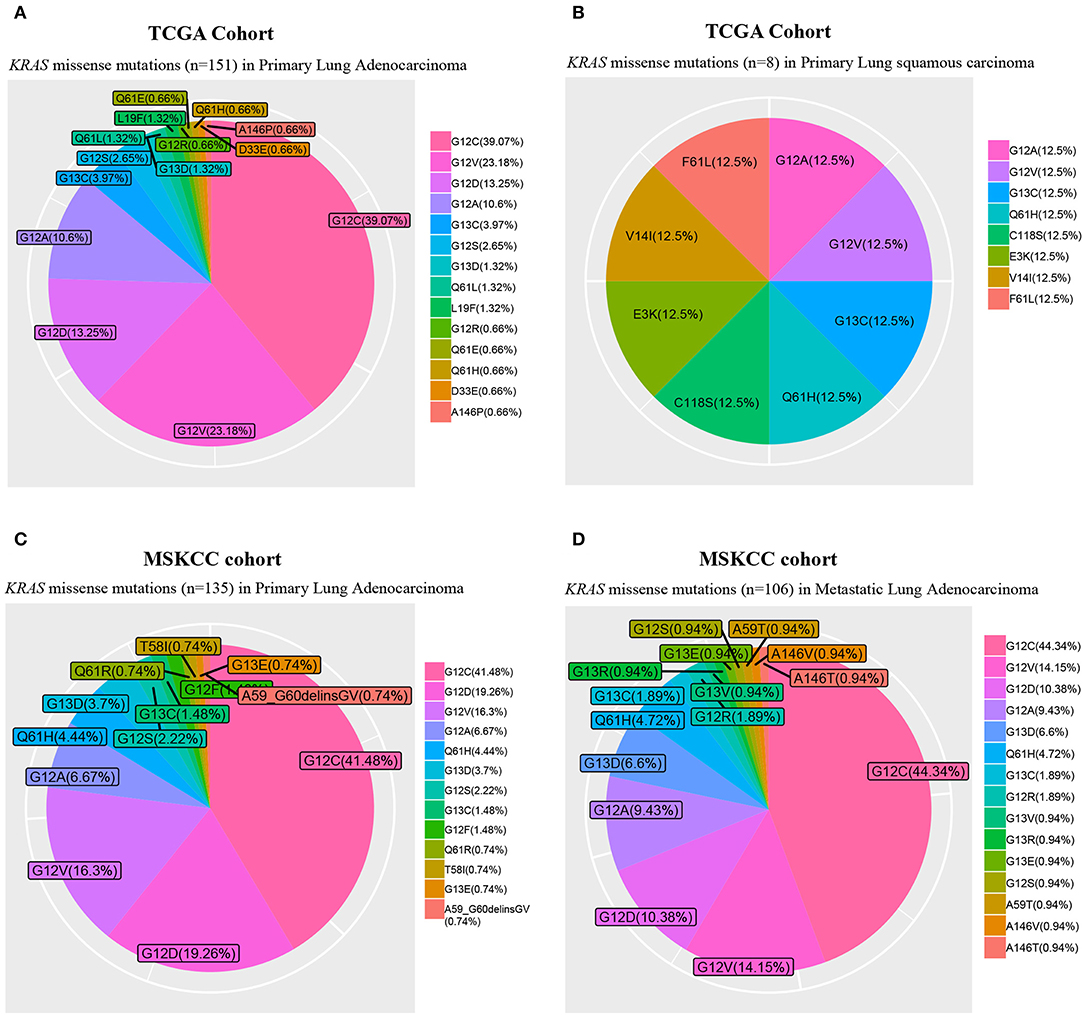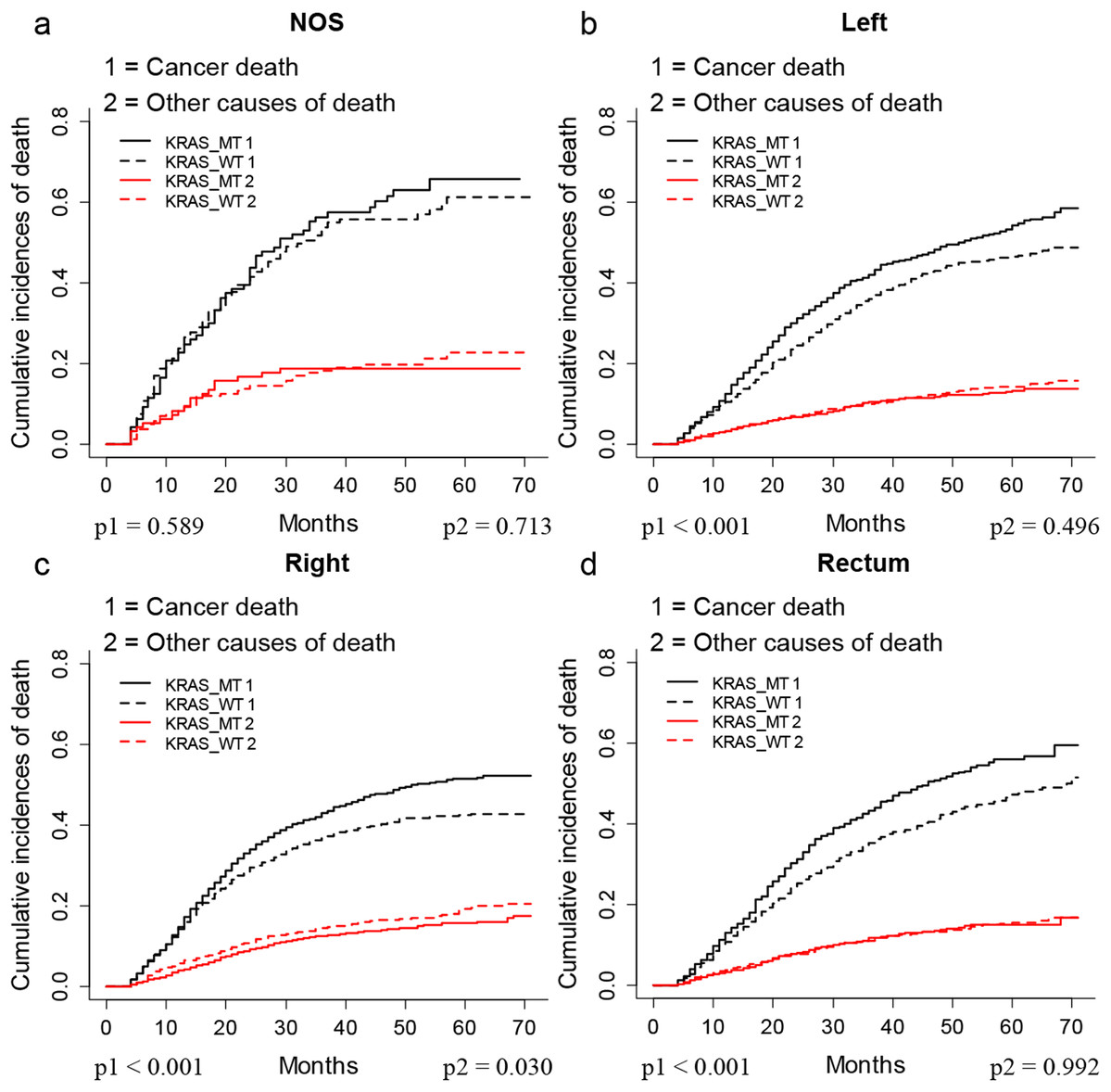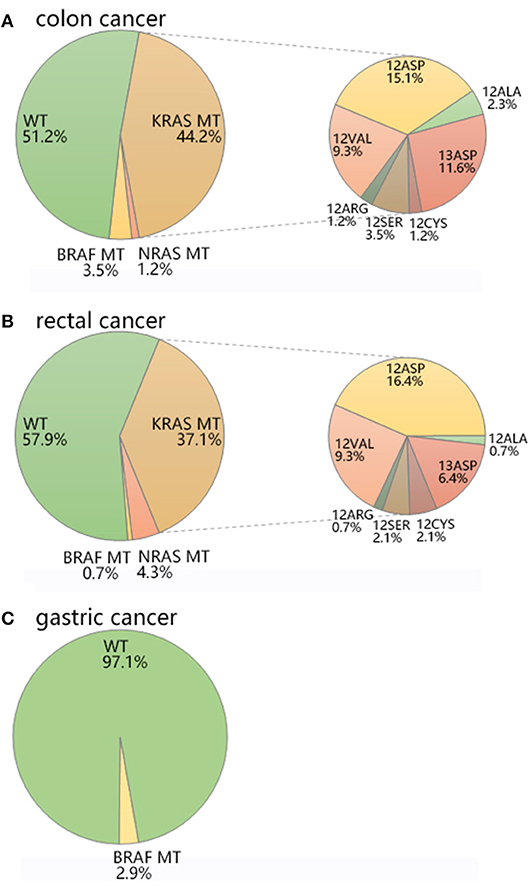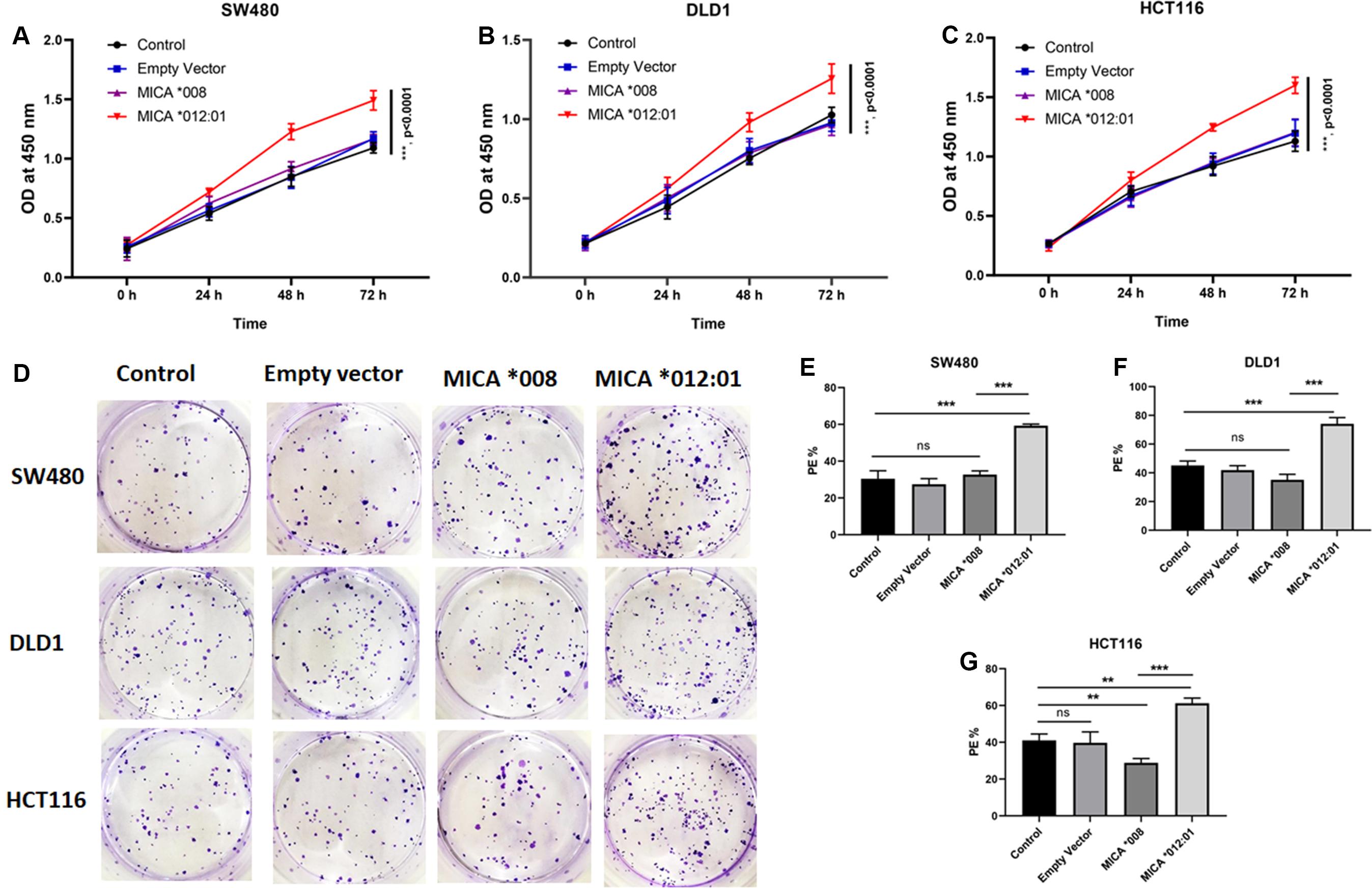Investing in the healthcare industry requires a deep understanding of various medical conditions, including colorectal cancer. Among the different types of colorectal cancer, one particular mutation called KRAS mutant colorectal cancer has gained significant attention.
In this article, we will explore the molecular structure and function of the KRAS gene, how mutations in this gene contribute to the development of colorectal cancer, and the role of oncogenic KRAS in prognosis, diagnosis, and treatment.
We will also delve into targeted therapies for patients with KRAS mutant colorectal cancer and discuss current landscape as well as future directions in treating this condition.
Finally, we will provide expert insights from leading scientists and medical professionals and encourage investors to support research efforts aimed at improving outcomes for patients.
KRAS Molecular Structure and Function
The KRAS gene, belonging to the RAS gene family, plays a crucial role in regulating cell growth and division. It encodes the K-Ras protein, which acts as a molecular switch controlling signaling pathways involved in cell proliferation.
Mutations in the KRAS gene disrupt its normal functioning and can cause permanent activation of the K-Ras protein. This leads to uncontrolled cell growth and tumor formation in colorectal cancer cases with KRAS mutations. These abnormal proteins drive tumor progression and reduce treatment efficacy.
Understanding the molecular structure and function of the KRAS gene is essential for developing targeted therapies that can reverse or inhibit the effects of these mutations. By unraveling these complexities, researchers aim to improve treatment outcomes and find more effective ways to combat colorectal cancer.
Role of Oncogenic KRAS in Colorectal Cancer
Oncogenic KRAS mutations have a profound impact on the prognosis, diagnosis, and treatment of colorectal cancer. Patients with these mutations tend to have a poorer prognosis due to increased resistance to certain treatments. Detecting oncogenic KRAS mutations is valuable for diagnosing colorectal cancer and tailoring treatment plans accordingly.
However, treating patients with KRAS mutant colorectal cancer poses challenges as these tumors are inherently resistant to traditional therapies. Targeted therapies and novel treatment approaches are being developed to overcome this resistance.
Advancements in research provide hope for improved therapeutic strategies against oncogenic KRAS mutations, offering better outcomes for colorectal cancer patients.
KRAS Targeting Therapy in CRC
Targeted therapies have transformed the treatment of colorectal cancer (CRC) with KRAS mutations. By specifically inhibiting mutated KRAS proteins, these therapies disrupt abnormal cell signaling and offer improved outcomes for patients.
Benefits of targeted therapies include enhanced treatment response rates and increased overall survival compared to traditional chemotherapy. They minimize damage to healthy cells, reducing side effects. However, not all patients respond equally, and resistance can develop over time.
Ongoing research focuses on identifying predictors of treatment response and developing combination therapies to overcome resistance. Targeted therapies hold great promise in managing KRAS mutant CRC, providing a precise approach to address genetic abnormalities driving tumor growth.
Further advancements in personalized medicine are expected to optimize outcomes for affected individuals.
Current Landscape and Future Directions in Treating KRAS Mutant Colorectal Cancer
Treatment options for KRAS mutant colorectal cancer include targeted therapies, combination therapies, and immunotherapies. These aim to disrupt abnormal signaling caused by oncogenic KRAS mutations and enhance the immune system’s ability to fight cancer cells.
Ongoing research explores new strategies like KRAS inhibitors, gene therapy, and immunotherapy combinations to improve patient outcomes and overcome resistance mechanisms. The goal is to provide more effective treatments for KRAS mutant colorectal cancer patients.
Expert Insights: Interviews with Leading Scientists and Medical Professionals
Through interviews with renowned scientists and medical professionals, we gained valuable insights into the field of KRAS mutant colorectal cancer research. These experts highlighted the importance of precision medicine in tailoring treatments based on individual genetic profiles.
They also emphasized the need for targeted therapies that specifically address oncogenic KRAS mutations. Combining multiple treatment modalities simultaneously has shown promise in improving patient outcomes.
However, challenges remain in developing effective treatments due to the complex biology and resistance mechanisms of this form of colorectal cancer. Collaborative efforts and robust clinical trials are crucial for advancing research and finding breakthroughs.
Overall, these expert insights provide a deeper understanding of ongoing research, challenges, and potential advancements in managing KRAS mutant colorectal cancer.
Conclusion: Hope for Patients with KRAS Mutant Colorectal Cancer
Resources & Further Reading
For readers interested in diving deeper into the topic of KRAS mutant colorectal cancer, here are some reputable sources to explore:
- National Cancer Institute: Provides comprehensive information on various types of cancers, including KRAS mutant colorectal cancer.
- American Cancer Society: Offers detailed articles and guides related to colorectal cancer, including information on the impact of KRAS mutations.
- Colorectal Cancer Alliance: Non-profit organization that provides educational resources and updates on research and treatment for KRAS mutant colorectal cancer.
- Journal of Clinical Oncology: Leading peer-reviewed medical journal with articles focused on KRAS mutant colorectal cancer.
- Nature Reviews Cancer: Scientific journal that explores the molecular mechanisms underlying KRAS mutations in colorectal cancer.
These sources will help you gain a deeper understanding of KRAS mutant colorectal cancer and stay informed about the latest advancements in research and treatment options.
[lyte id=’ln-SfeGCkOo’]
